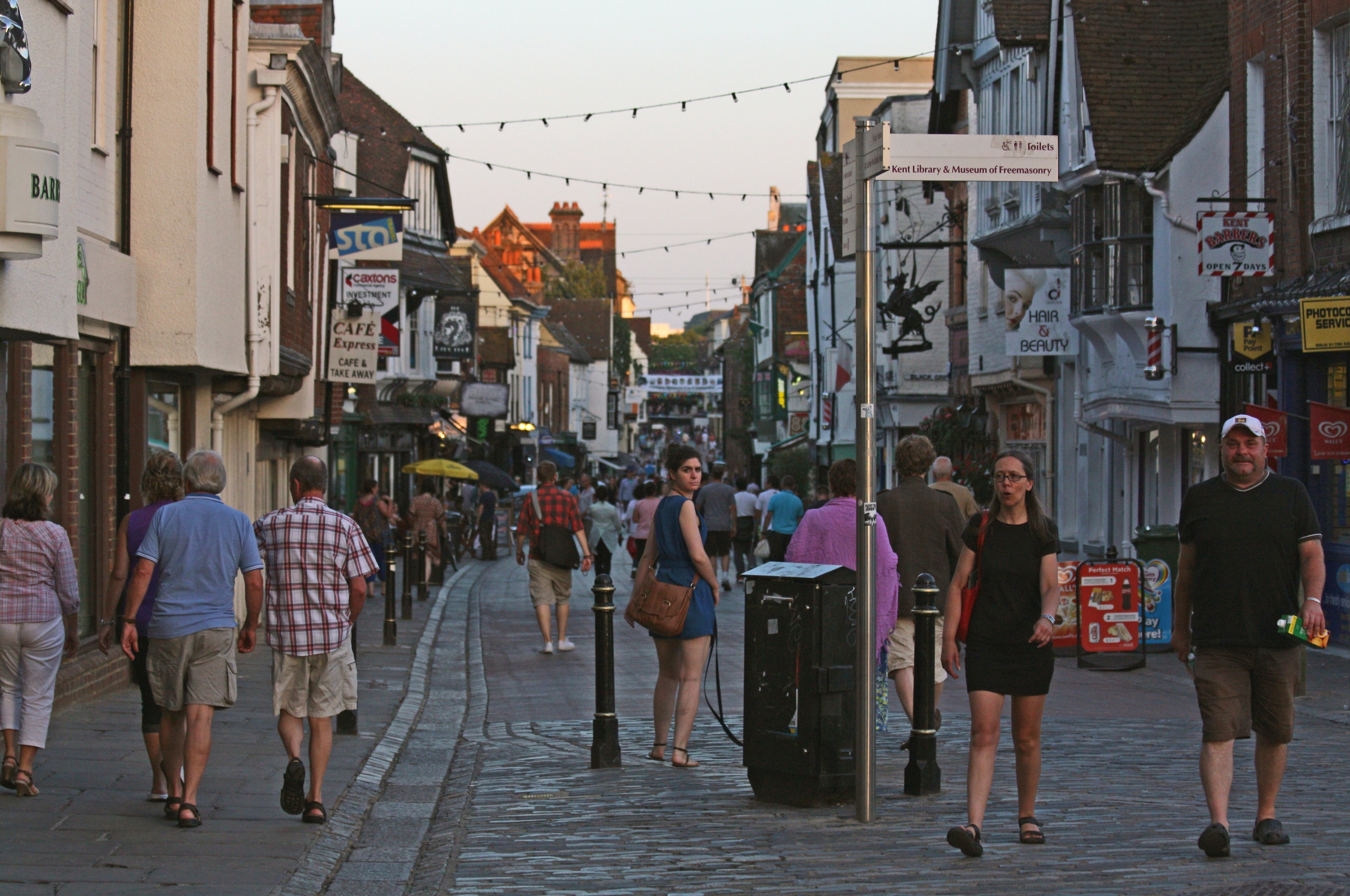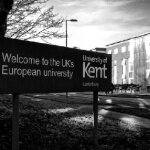
A Refugee’s Journey
In the spring of 2011, a thirteen-year-old Syrian boy was playing on the stoop of his house. Around midday the unmistakable crunch of an anti-aircraft gun, converted to shoot at ground targets, burst down the street. His cousin and brother instinctively ran to him, but the gunmen did not desist. The young boy’s mother, forced inside by the menacing fire, waved a piece of white cloth at the gunners, signifying surrender. O, a close friend of the 13-year-old boy, told me this story with sober intensity, “Not one of them survived,” he said, pausing, “They all died.”
Not without their own tragedies, O’s family escaped the fate of many in their community, and now live in Kent. O was twelve when the Syrian Civil War began on March 15, 2011. In the years preceding the conflict, O had led a regular life. “There are a lot of good memories,” he tells me, smiling. He has dark, unkempt hair, and an engaging smile that isn’t afraid to show itself. He is soft spoken, has a kind demeanour, and always listens intently to my questions and conversation. He spoke to me about his life in Syria, and of his arduous trip to the U.K.
I asked him why he thought the soldiers were so indiscriminate in their targeting: “No one knows,” he says, “If you see your friend attacked, you have to defend your friend, and they don’t accept this defence, so they attack everyone.”
For O’s mother, the arbitrary aim of the troops was her greatest fear as she moved her children through military checkpoints in Syria. “There was a lot of killing, but her greatest fear was troops shooting us,” O told me. His mother later died of a heart attack in Lebanon, the “living was so bad and there was a lot of stress,” he said, and at that, the subject was exhausted. He later told me he was admitted to a hospital after his mother’s death, he was in such a state of profound grief.
O’s neighbourhood was one of the first areas to be bombed by the government in 2011. “When we see a bomb coming we just move to another area,” he said, “if you sit here, in this room, you hear the bomb doing this”: he whistled for four seconds with a dropping pitch. It sounded like a cartoon sound-effect. His family had to stay in neighbourhood basements with other community members to avoid the bombs. “It (the neighborhood) was like a big grave; it was hurt in the soul.”
After moving from district to district in Syria, his family moved to Lebanon. During their second year in Lebanon the Lebanese began to grow anxious over losing jobs to Syrians, and his family couldn’t find work. In 2016 his older brother was invited by the U.N. to re-settle in a European country. Consequently, on September 7, 2016, the whole family was re-settled in an east Kent town.
His arrival in England was marred, however, when his name was mistaken by immigration authorities. Dispirited, he asked authorities twice to amend it, but his identification documents continue to bear a name that is not his. The naming error seemed to set a tone for his experience in Kent. Once in university he found it difficult to engage fellow students, who generally seemed not to notice his presence.
He found anti-Islamic graffiti near the academy he attends: “Islam = sh*t”. He notified the proper authorities, but it took three weeks for the hate message to be painted over. He tells me that, in Syria, “We grow to love everyone, and to be friendly with everyone.” Iraqi refugees who entered Syria in 2007 became part of their family and community. In England, he longed for the brotherhood that he had found in the communities of Syria. The place he did feel at home was with the Kent Refugee Action Network (KRAN), an organization that works hard to provide support for refugees and asylum-seekers in Kent.
For O, adapting to British culture has been a jolting transition, but his optimistic integrity is unwavering: “When I find something good in the British culture,” he tells me, “I take it, why not? Because it’s good.”
He is taking full advantage of the willingness of his teachers to inform and guide him, which he says results in a much better education than was available in Syria: “Here, if one of the students doesn’t understand, the teachers gladly sit and explain until it is understood.” The teachers seem far less motivated in Syria. He hopes to become an architect, and is a tenacious worker always striving for top grades.
He told me that the only part of our conversation that he did not want reported was whether he supported the Syrian government or the Syrian rebels. “It’s just my opinion, I don’t want them to think that I support the killing of anyone. My religion taught me not to kill anyone.”
Even though he had a bike he walked with me back into town after our conversation. We stopped at a store, and he bought us each a coke. Before we parted, I asked what he thought of British architecture, “Rubbish,” he replied. “If you are in a room of a Syrian home,” and you hear a foreboding whistle, he explained, “and a bomb goes off in the room next to you, you will not be hurt; in England a bomb would take down this whole block,” he says, pointing to the buildings around us.
His answer reminds me of how vastly different our lives, and worlds, have been. But I’m left hopeful knowing that millions of people like us want to build a sturdy bridge between our worlds. Maybe O will be the one to design it.




























Discussions